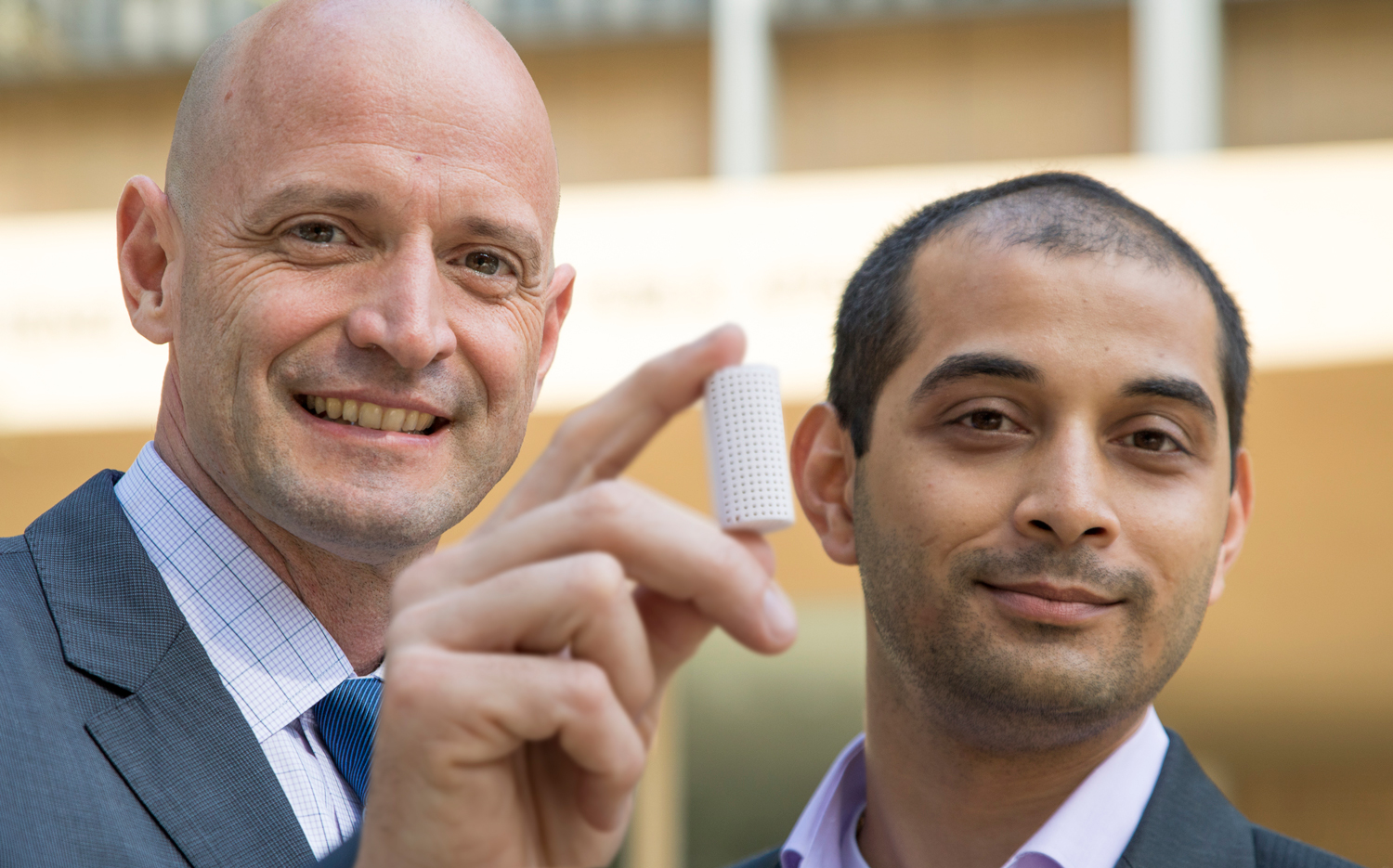Sustainable Cities Conference to Include UCLA Luskin Experts UCLA Luskin School of Public Affairs among co-sponsors of May 16 conference focusing on transforming urban centers into sustainability leaders
Leading academics and experts from across the country and the globe will gather at UCLA on May 19, 2016, to discuss one of the most pressing challenges of the 21st century: achieving sustainability. Expert panels at the Smart and Sustainable Cities Conference will focus on critical areas for transforming the world’s urban centers into sustainability leaders: transportation, water, energy, the built environment, and the digital city and sharing economy.
A closing panel will take an integrated approach to defining what makes a “sustainable city,” discuss the context necessary for innovative technologies and policies to take hold, and consider the broad social and economic issues involved.
UCLA Luskin School of Public Affairs is among the co-sponsors of the conference. Three Luskin faculty members and one Luskin Scholar — all with extensive experience in urban sustainability — will participate in the conference. They will weigh in on the cutting-edge policies, designs and technologies that are helping cities use limited resources as efficiently and intelligently as possible.
J.R. DeShazo is the director of the Luskin Center for Innovation, vice chair of the Department of Public Policy at Luskin and a professor of Public Policy and Urban Planning at the UCLA Luskin School of Public Affairs. His latest research highlights the importance of innovation in the quest for urban sustainability. In March, DeShazo and a team of interdisciplinary researchers at UCLA unveiled a method for turning concrete, an essential building block of cities, into an essential building block of a sustainable future.
While essential to the modern world, the ubiquitous material is one of the biggest contributors to greenhouse gas emissions. About 5 percent of global emissions can be linked to concrete.
DeShazo and his team worked on a process that captures carbon from power plant smokestacks and turns it into an alternative to concrete — called CO2NCRETE. The closed-loop method for producing the material is highly efficient and environmentally friendly. It both limits carbon emissions and produces a fundamental building material for the modern world.
DeShazo’s current research also focuses on making Los Angeles County water self-sufficient. The project aims to create a feasible local water market for trading and selling county water resources, with input from stakeholders.
Dana Cuff is a professor of Architecture/Urban Design and Urban Planning and the founder and current director of UCLA’s cityLAB. Established in 2006, the research center explores the challenges facing the 21st century metropolis through design and research. Cuff’s work focuses on urban design, affordable housing, modernism, urban sensing technologies and the politics of place.
One of Cuff’s project at cityLAB included concept development and executive production of the BI(h)OME, which was completed last June. The ultra-modern lightweight accessory dwelling unit has the potential to address current housing shortages in an affordable way.
The structure also addresses urban sustainability challenges. The environmental impact of the structure over its entire life cycle is between 10 and 100 times less than a similar conventional structure and the BI(h)OME also can function as a biome, providing a home for multiple species. The structure also can supply water to surrounding vegetation using its grey water drainage system.
In August, Cuff received the Community Contribution Award from the local chapter of the American Institute of Architects for her dynamic design contributions to Los Angeles.
Martin Wachs is a Distinguished Professor Emeritus in Urban Planning at the Luskin School of Public Affairs. Wachs was a professor of civil and environmental engineering and professor of city and regional planning at the University of California, Berkeley, where he also served as director of the Institute of Transportation Studies.
Prior to his work in Berkeley, he spent 25 years at UCLA, where he served for 11 years as chair of the Department of Urban Planning. Wachs was also director of the Transportation, Space and Technology Program at the Rand Corp. in Santa Monica.
Wachs is the author of more than 180 articles on planning and transportation and he also wrote or edited five books on transportation finance and economics, planning and policy.
He is the recipient of a UCLA Alumni Association Distinguished Teaching Award and the Carey Award for service to the Transportation Research Board.
Luskin Scholar Yoram Cohen of the Henry Samueli School of Engineering and Applied Sciences has dedicated much of his work to water issues. In 2014, Cohen, the director of the Water Technology Research Center at UCLA, unveiled his portable, self-operating Smart Integrated Membrane System. SIMS makes undrinkable, brackish water usable.
Cohen has taken his system from the university campus into the field and it is currently being put to the test in the San Joaquin Valley, where it has successfully treated 25,000 gallons of contaminated water a day for almost two years. The potential of the system is vast thanks to its cost effectiveness and scalability.
Cohen is also the driving force behind the conference. One of the forum’s themes will be Israeli leadership in urban sustainability. Six of the 22 panelists are from Israel, which faces many of the same sustainability challenges as California.
Cohen also has deep ties to Israel. The Luskin Scholar and director of UCLA’s Y&S Nazarian Center for Israel Studies was born in Israel and maintains professional connections to his country of birth as a member of the International Advisory Committee to the Stephen and Nancy Grand Water Research Institute at Technion-Israel Institute of Technology and as an adjunct professor at Ben-Gurion University of the Negev.
The conference, at DeNeve Commons on the UCLA campus, is open to the public.

